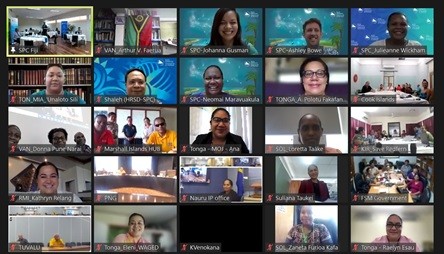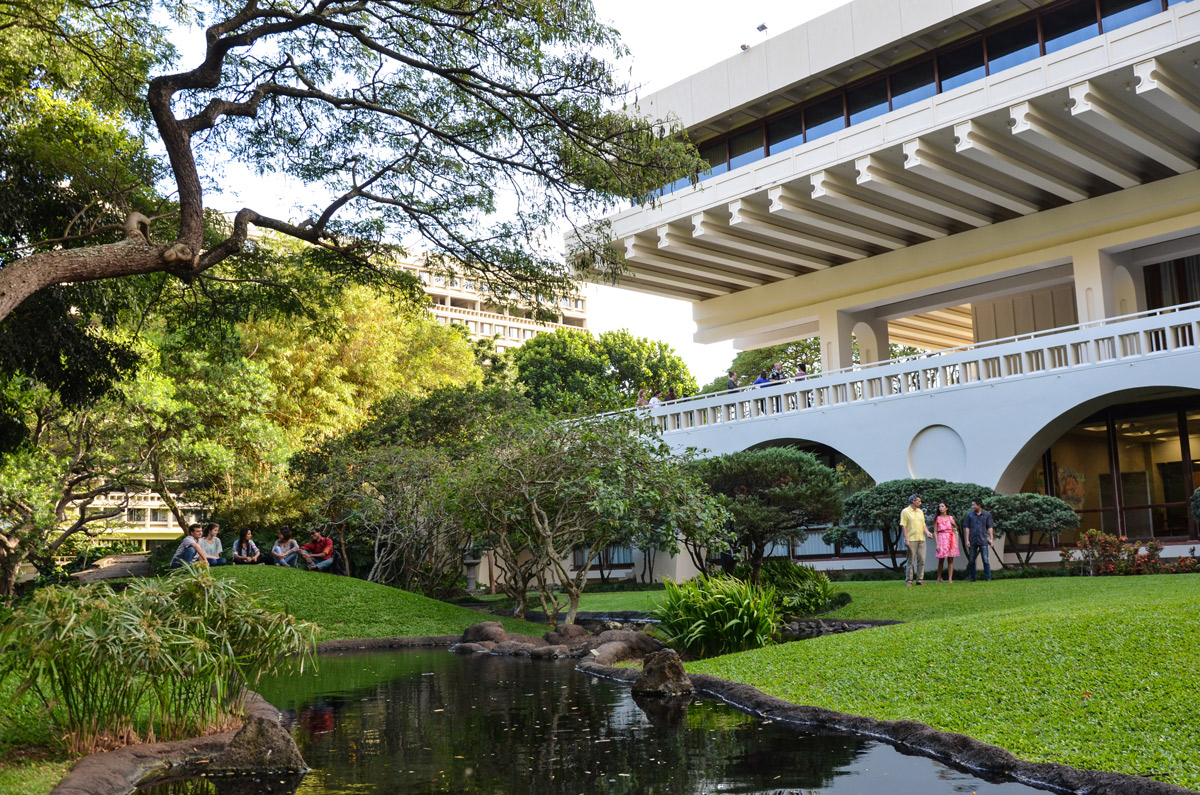First-ever Pacific ‘Community of Practice’ for effective national implementation of human rights commitments
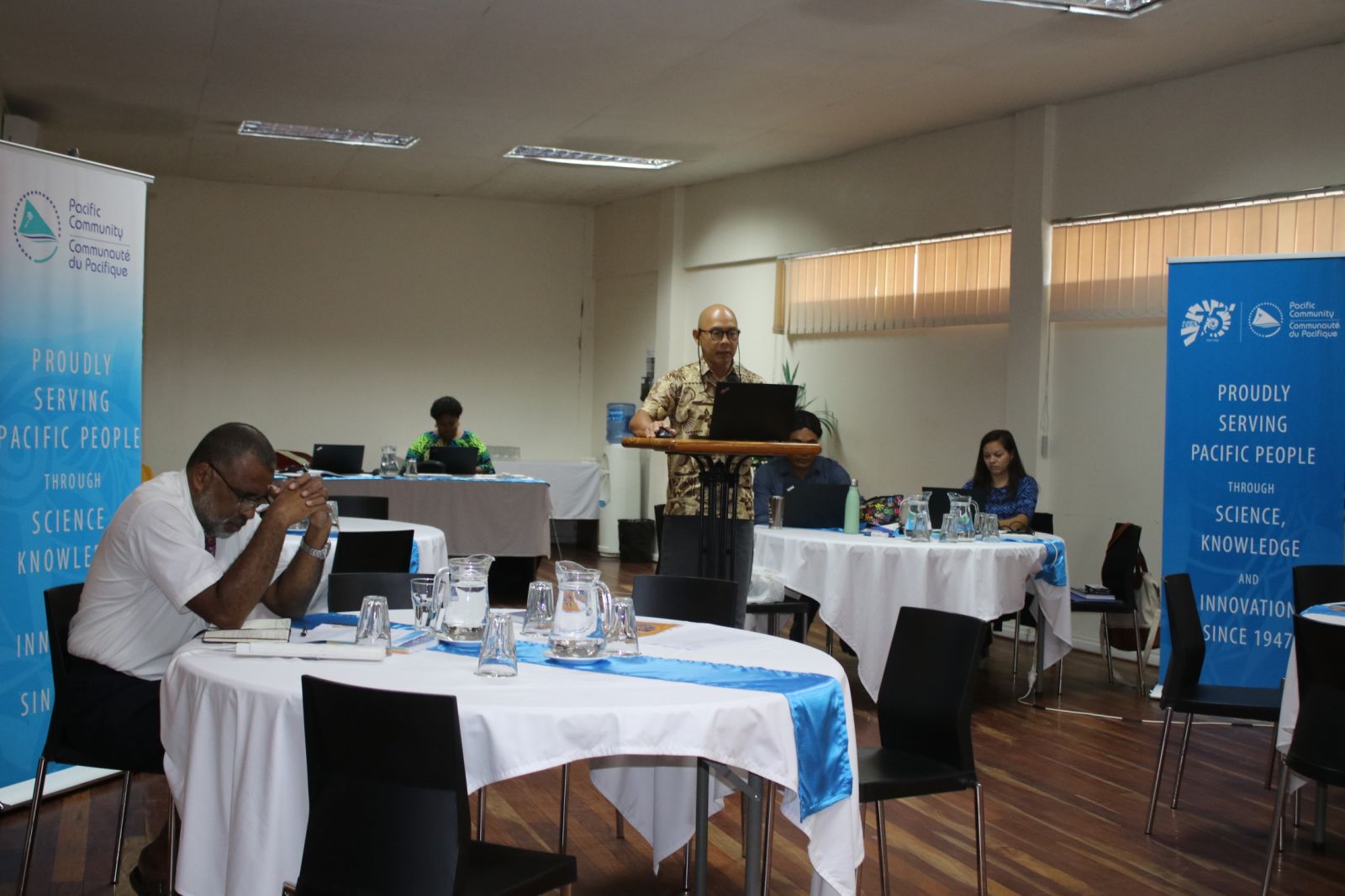
In April of this year, 135 government officials and participants from 12 Pacific Island Countries concluded a Pacific talanoa on National Mechanisms for Implementation, Reporting and Follow-Up (NMIRF) with the formation of the first-ever Pacific regional Community of Practice (CoP) for continued learning and sharing on national mechanisms for reporting of human rights commitments.
The Pacific NMIRF Community of Practice currently has Nauru, Tuvalu and Tonga in its working group and is open for other countries to join.
The Pacific Regional talanoa was facilitated by the Pacific Community’s (SPC) Human Rights and Social Development Division which saw the participation of representatives from the Cook Islands, Fiji, Federated States of Micronesia, Kiribati, Republic of Marshall Islands, Nauru, Papua New Guinea, Samoa, Solomon Islands, Tonga, Tuvalu, and Vanuatu.
The event was funded by the United States Agency for International Development through the Promoting Just, Engaged, Civic-Minded and Transparent (PROJECT) Governance partnership programme.
The talanoa was an opportunity to understand, build capacity and share best practices in strengthening the reporting and implementation of human rights treaties at the national level.
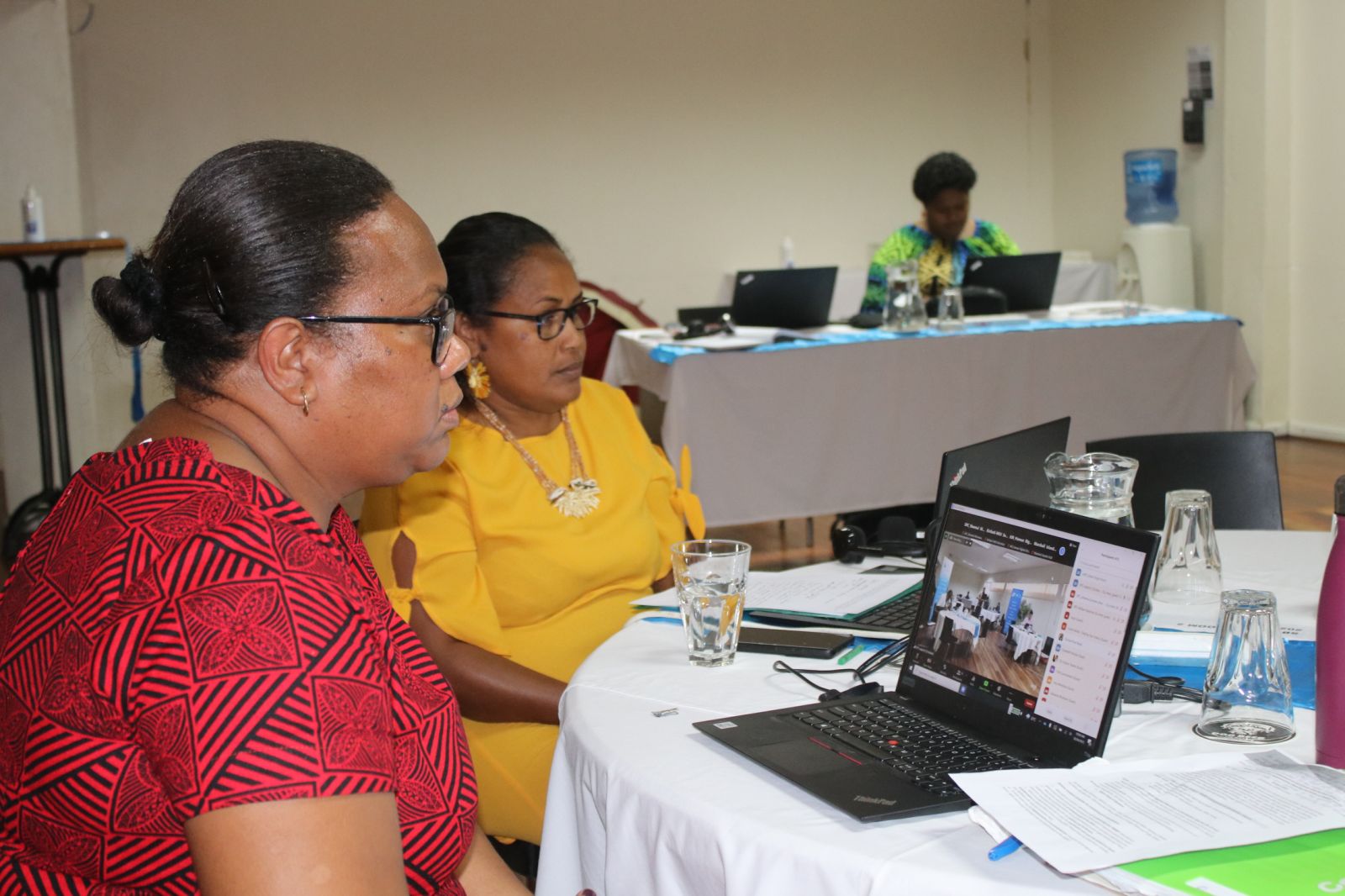
The rationale behind the NMIRF CoP is to create a permanent platform for peer-to-peer learning and NMIRF establishment and strengthening efforts through PROJECT Governance, thereby significantly increasing the foundations of NMIRF work in the region.
The formation of the NMIRF CoP is a significant step taken by the Pacific region to build the momentum towards implementation of human rights commitments. While the international community has invested enormous time and energy in building the international human rights system over the past seven decades, it has expended far fewer resources in considering how best to implement
the obligations, commitments and recommendations generated by that system – or in tracking and measuring impact
on the enjoyment of human rights. Though in truth we simply do not know the degree to which domestic implementation is happening, this lack of focus on the part of world governments has given rise to the idea that a significant ‘implementation gap’ has been allowed to develop between universal values and local realities.
According to SPC’s Human Rights Advisor William Nainima, the 3-day NMIRF talanoa identified common experiences in the region in terms of the challenges, solutions, lessons learnt and the type of support that SPC can provide to members in terms of technical assistance.
“The final output from the talanoa session is that we were able to train as well as create a space for sharing and learning on national mechanisms for reporting, implementation and follow-up,” Nainima said.
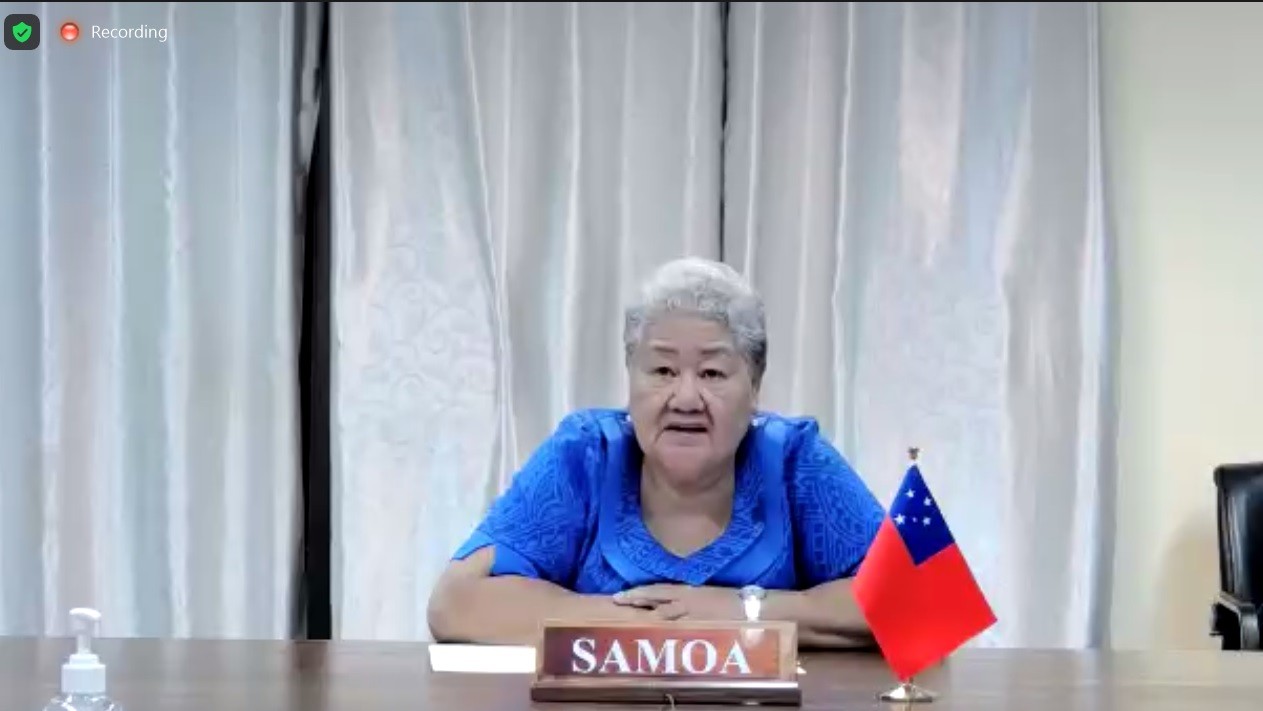
Nainima added that a key outcome from the talanoa session was that it allowed for country-specific support to be identified and which will be addressed as part of PROJECT Governance.
Ms Carol Sanam Kitiona, a member from the Kiribati Human Rights Taskforce from the Ministry of Foreign Affairs and Immigration highlighted that the collective discussions, opinions and inputs from all PICs that were present in this talanoa were all very valuable and no doubt contributed much to mitigating the common and shared NMIRF challenges that are faced.
She shared that the talanoa provided a wonderful platform for exchange with all other PICs on NMIRF.
“This whole NMIRF process is a difficult work in progress but engaging in these types of discussions with our regional family is a very efficient and effective way to improve ourselves in areas which we are lacking in,” Kitiona added.
She added that it clear from the dialogue that capacity remains an issue for NMIRF establishment and coordination and urged more focus on capacity and training.
“One of the common shared NMIRF challenges in the PICs is the management of information and reporting. I acknowledge NMIRF technical assistance in this matter and believe that with the introduction of the IMPACT OSS software, this will help ensure that the coordination and monitoring implementation are improved,” Kitiona noted.
